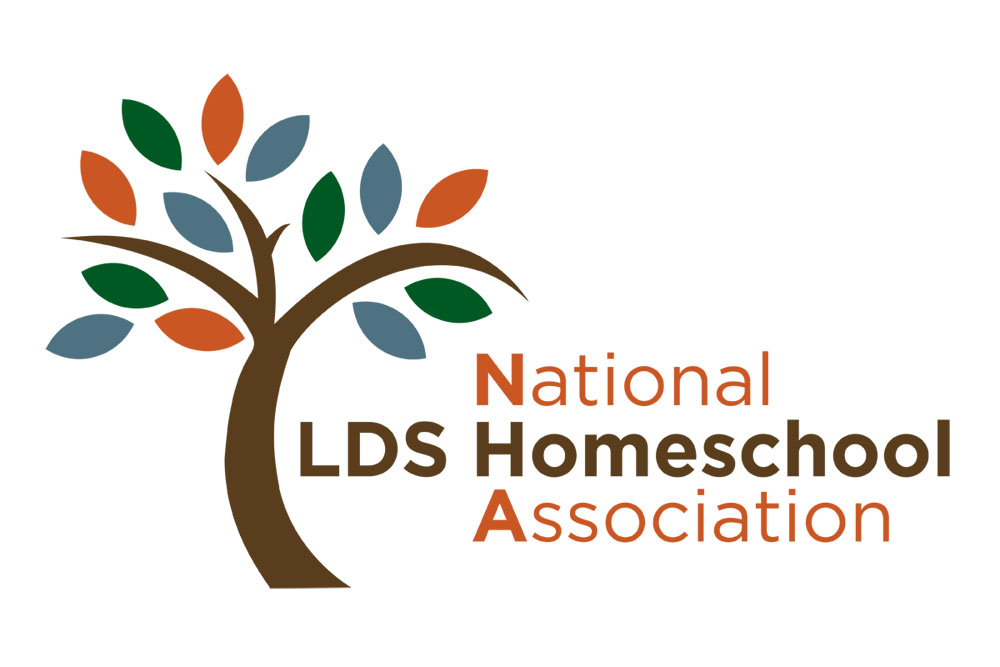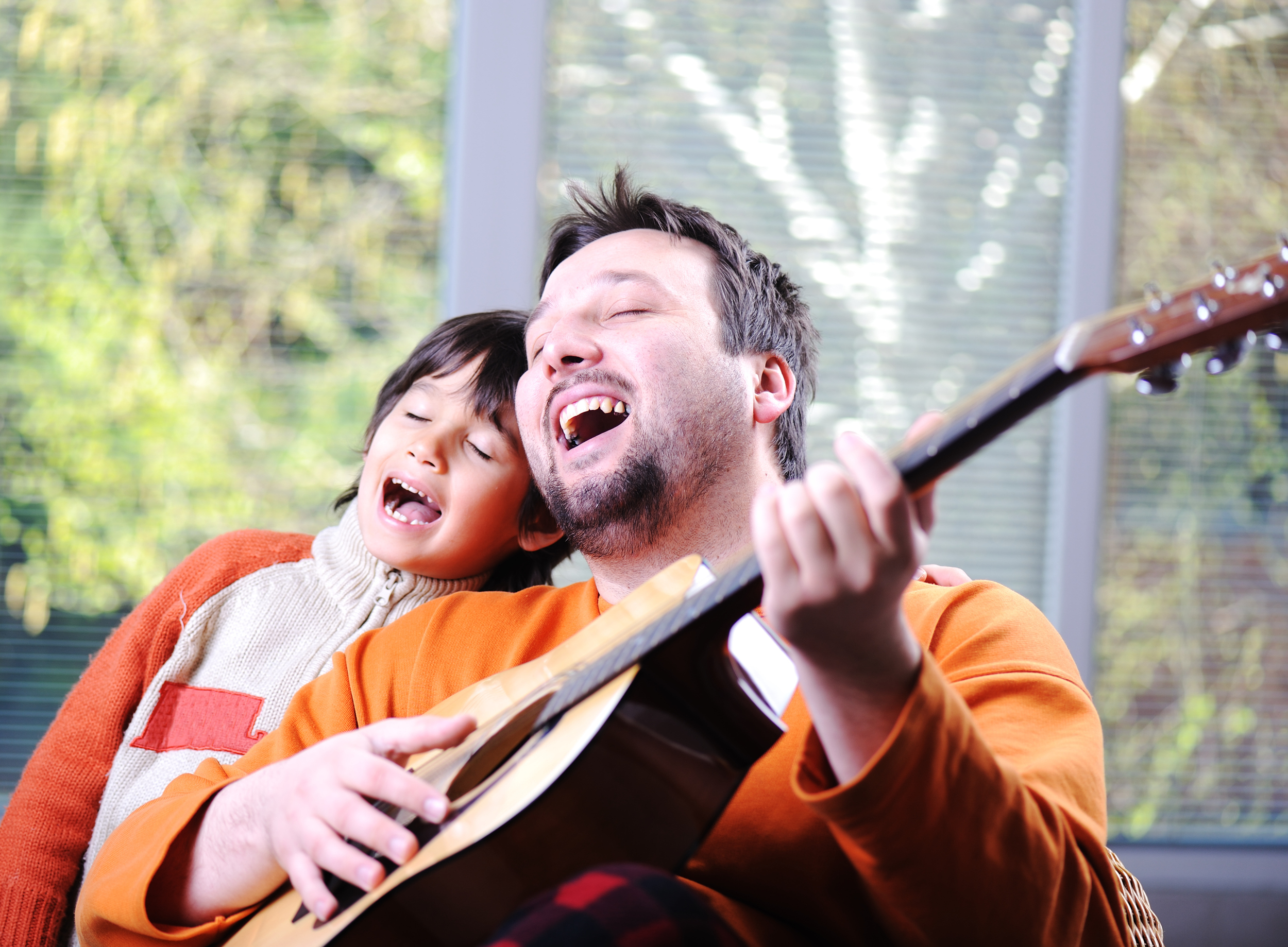Homeschooling Methods and Philosophies
Just like there are different personality types, there are different teaching and learning styles. There are many methods or styles of homeschooling, from the structured "school-at-home" method, to the free style of "unschooling." Imagine you have been given the task of going from your front door to Tokyo, Japan. There are many different ways to get there and no one way is better than the other. The same holds true for homeschooling: there is not “one right way”.
Understanding your own homeschool philosophy can be beneficial as you are choosing curriculum. It can also help to guide you as you approach academic challenges that are sure to arise. The beauty of homeschooling is that you are not tied to any one method. Many successful homeschooling families actually use more than one method and are known to switch as situations arise. Be prayerful and careful as you search for the method that feels right to you. Read below or take a short Quiz to discover your homeschool style.
6 Common Homeschooling Styles
Classical
- Learn like the founding fathers did
- Uses classical literature for all subjects
- Uses the "trivium", or three stages of learning development to guide your children from the Grammar stage of foundation building, the Logic stage, beginning to reason and Rhetoric stage where children learn to express their own ideas persuasively and eloquently.
- Well-Trained Mind and Classical Conversations are resources using classical philosophy.
Thomas Jefferson Education
- A spin-off of classical philosophy
- Nicknamed TJED
- Based on the book by, Dr. Oliver DeMille entitled, “A Thomas Jefferson Education.”
- Emphasizes the importance of the mentor and student relationship, a child's involvement in the learning process, and has a heavy emphasis on reading of the classics.
- The philosophy is based on five stages of learning; the core phase, love of learning phase, scholar phase, depth phase and mission phase.
Traditional
- Traditional education looks and feels like public school.
- Curriculum will follow a scope and sequence tailored to fit into 180 days each year over a span of twelve years.
- There are textbooks, workbooks, graded quizzes, tests, and teachers manuals.
- Many online options are available in this style.
- Many universities and private schools offer traditional style courses for homeschoolers.
- k12 is traditional style. LEARN More...
Unschooling
- Referred to as "natural learning" or "self directed learning."
- Seen as the opposite of Traditional Style
- The philosophy is based on the idea that a child will learn what he needs to know on his own as the need arises or as his interest directs him.
- When a child shows interest in learning a certain topic or skill, the parent makes the resources available for him to learn.
- A parent fills the role of a facilitator as the child leads with his interests.
- John Holt was a leader in this theory, Teach Your Own is a foundational book
- The term "Unschooling" is also used loosely to refer to a less structured, child lead, learning style that allows children to pursue their own interests with parental support.
Charlotte Mason
- Founded by Charlotte Mason, British Educator
- Children are NOT "containers" to be filled with bits of pre-determined information. Children have minds of their own, view the world through their own lens.
- Emphasizes teaching moral values and exposing children to real life situations
- Child should be given time to play, create, and discover her world.
Value "living books" that, unlike textbooks, make ideas come alive.
Unit Study
- A unit study, also called thematic units or integrated studies, incorporates many subjects into an in depth study of one main topic or theme.
- Rather than studying six or seven unrelated subjects, a unit study will bring many subjects together to enable the student to gain a deeper understanding.
- For example, while studying an era in history, one could study the types of art, music, and literature from that time period.
- A younger child might spend a month studying butterflies by reading and writing about butterflies, doing art projects, creating a butterfly garden for scientific observation and spelling words related to their findings.
Read more about Unit studies...
Eclectic
And then there's the little bit of everything approach, called... ECLECTIC. Having tried various approaches and curricula they begin to pick and choose what they like from various resources. Many homeschooling families have found success as they are able to cater to the needs of each individual child. Family life is not a "one size fits all" and often, neither are our choices for homeschooling.
Read more about an Eclectic Approach...









